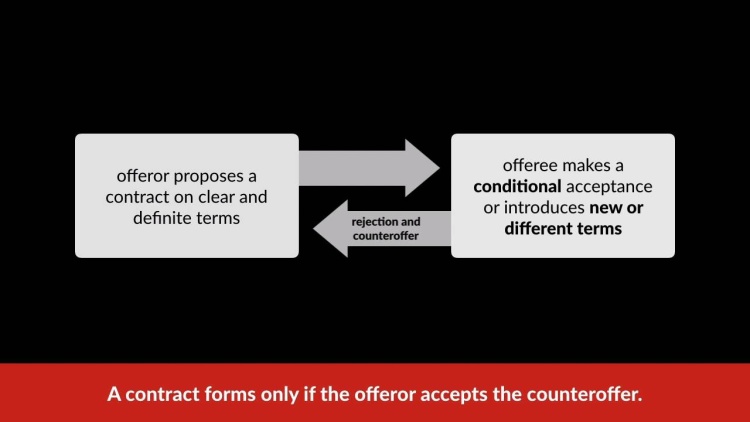Ardente v. Horan
Rhode Island Supreme Court
366 A.2d 162 (1976)
- Written by Megan Petersen, JD
Facts
In August 1975, William and Katherine Horan (defendants) offered to sell residential property in the City of Newport. Ernst Ardente (plaintiff) bid $250,000 for the property. The Horans’ attorney communicated that the bid was acceptable and prepared a purchase-and-sale agreement that he forwarded to Ardente. Ardente executed the agreement, and his attorney forwarded it back to the Horans. Ardente also included with the agreement a check for $20,000 and a letter asking whether certain furniture and fixtures were a part of the transaction and requesting that they remain with the property. The Horans refused to sell the items listed by Ardente and returned the unsigned purchase-and-sale agreement and the $20,000 deposit to Ardente. The Horans refused to sell the property to Ardente, and Ardente brought suit seeking specific performance. The trial court ruled that Ardente’s letter constituted a conditional acceptance of the Horans’ offer to sell their property and thus must be construed as a counteroffer. The Horans never accepted the counteroffer and thus no contract was formed, so the trial judge granted the Horans’ motion for summary judgment on the grounds that no facts were in dispute and no contract had been formed as a matter of law. Ardente appealed.
Rule of Law
Issue
Holding and Reasoning (Doris, J.)
What to do next…
Here's why 907,000 law students have relied on our case briefs:
- Written by law professors and practitioners, not other law students. 47,100 briefs, keyed to 996 casebooks. Top-notch customer support.
- The right amount of information, includes the facts, issues, rule of law, holding and reasoning, and any concurrences and dissents.
- Access in your classes, works on your mobile and tablet. Massive library of related video lessons and high quality multiple-choice questions.
- Easy to use, uniform format for every case brief. Written in plain English, not in legalese. Our briefs summarize and simplify; they don’t just repeat the court’s language.






